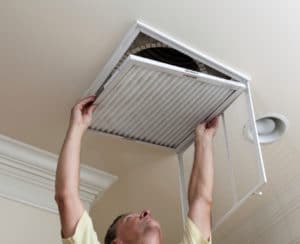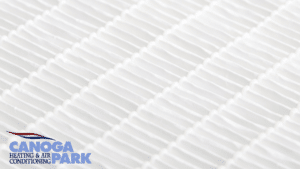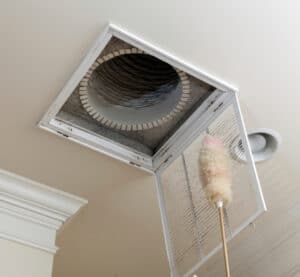
Top Air Quality Products Every Home Should Have
If you think you can escape polluted air indoors, think again. Depending on your habits, lifestyle and your home’s structure, the air indoors may present more problems than the air you breathe outdoors. With the addition of air quality products that can purify air by reducing and eliminating unwanted pollutants, you and your family can enjoy a healthier and fresher environment indoors. Some of the most important air quality products you should consider include: Air Purifiers An air purifier is one of the most popular air quality products installed in homes where there are household members who suffer from asthma and allergies. Air purifiers work by passing air through filters to remove particles and other pollutants. Once the air comes out of the purifier, its pollutant content is significantly reduced. Many of today’s cooling and heating systems have a built-in air purifier, although many homes still install a stand-alone unit for extra protection. Some of the most common types of air purifiers sold in the market include: HEPA filters – High Efficiency Particulate Air purifiers that can eliminate particulates as small as 0.3 micrometers Ozone Generators – capable of turning oxygen molecules into ozone that disinfects the air and removes unpleasant odor









